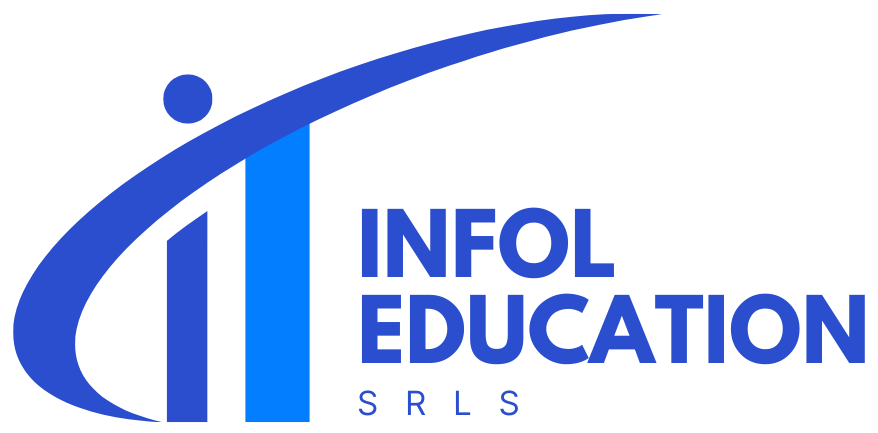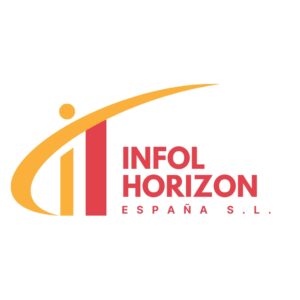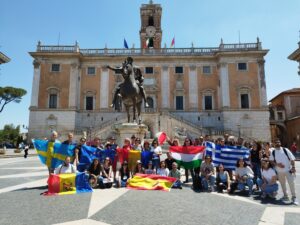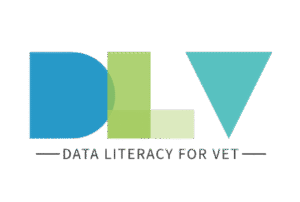In the realm of European educational projects, effective dissemination and communication are critical for ensuring the success and sustainability of initiatives. The Erasmus training course “Advanced Dissemination and Communication Strategies for European Project Managers” is an intensive 20-hour program designed exclusively for educators and project managers involved in European projects. Over the course of five days, participants will gain in-depth knowledge and practical skills to develop and implement advanced strategies for disseminating project results and communicating effectively with stakeholders.
Objectives
- Enhance Communication Skills: Develop advanced communication strategies tailored for diverse stakeholders in European educational projects.
- Master Dissemination Techniques: Learn innovative techniques to effectively disseminate project outcomes and maximize impact.
- Engage Stakeholders: Discover methods to engage and maintain relationships with key stakeholders, including partners, funders, and the community.
- Utilize Digital Tools: Explore cutting-edge digital tools and platforms for communication and dissemination.
- Sustainability and Impact: Ensure the long-term sustainability and impact of projects through strategic dissemination and communication planning.
Day 1 (4 hours):
- Course introduction and participant introductions: Icebreaker activities, expectations, and learning objectives.
- The European framework: Overview of EU funding programs (Horizon Europe, Erasmus+, etc.), policy priorities, and communication requirements.
- The importance of dissemination and communication in European projects: Discussion of impact, sustainability, visibility, and knowledge sharing.
- Strategic planning for dissemination and communication: Identifying objectives, target audiences, key messages, and appropriate channels.
Day 2 (4 hours):
- Development of a communication and dissemination plan: Step-by-step guide, templates, and examples.
- Communication tools and channels: Deep dive into social media, websites, events, publications, press releases, and stakeholder engagement.
- Storytelling and creating engaging content: Techniques for crafting compelling narratives, visual communication, and multimedia formats.
Day 3 (4 hours):
- Measuring and evaluating the impact of communication and dissemination: Key performance indicators (KPIs), data collection methods, and impact assessment tools.
- Practical workshop: Participants develop a tailored communication and dissemination plan for their own projects.
- Presentation and discussion of plans: Peer feedback and expert advice.
Day 4 (4 hours):
- Study visit: Visit to a relevant organization (e.g., national agency, EU institution, successful project) to learn from real-world examples.
- Communication and dissemination in the digital age: Exploring social media trends, online communities, and ethical considerations.
- Online reputation management and crisis communication: Strategies for building a positive online presence and handling potential issues.
Day 5 (4 hours):
- Practical workshop: Simulation of a communication crisis scenario, role-playing, and development of response strategies.
Learning outcomes
Upon completion of the course, participants will be able to:
- Understand:
- The European policy framework, funding priorities, and communication requirements for EU-funded projects.
- The crucial role of dissemination and communication in achieving project impact, sustainability, and visibility.
- Plan:
- Develop a comprehensive and tailored communication and dissemination plan for their specific projects, outlining clear objectives, target audiences, key messages, and channels.
- Utilize strategic planning tools and methodologies to ensure effective communication throughout the project lifecycle.
- Implement:
- Choose appropriate communication tools and channels (social media, websites, events, publications, etc.) to reach diverse audiences.
- Craft engaging content using storytelling techniques, visual communication, and multimedia formats.
- Measure and evaluate the impact of communication and dissemination activities using relevant indicators and tools.
- Adapt:
- Understand the opportunities and challenges of communication and dissemination in the digital age, including social media trends and ethical considerations.
- Manage online reputation and develop strategies for crisis communication.
- Ensure the sustainability and valorization of project results through effective knowledge transfer and exploitation strategies.
- Network:
- Build partnerships and collaborate with other European projects through online platforms and networking opportunities.
Upcoming sessions
Location: Rome
- October 2024: Week 4 (October 21 – 25)
- November 2024: Week 5 (November 25 – 29)
- March 2025: Week 1 (March 3 – 7)
- April 2025: Week 2 (April 7 – 11)
- May 2025: Week 1 (May 5 – 9)
- June 2025: Week 2 (June 9 – 13)
- July 2025: Week 3 (July 14 – 18)
- September 2025: Week 3 (September 15 – 19)
- November 2025: Week 3 (November 17 – 21)





